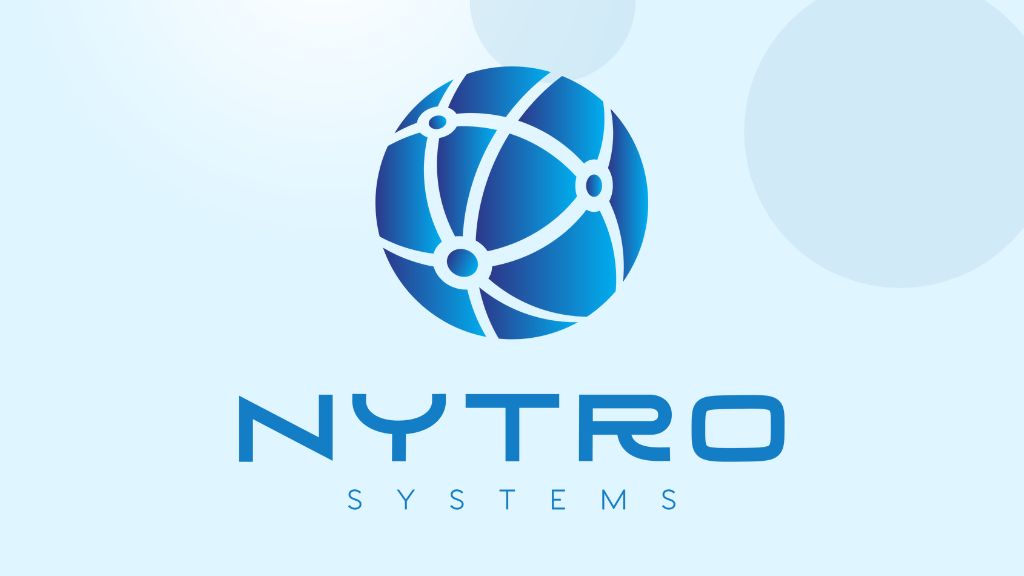Why Should We Learn AI?
As technology advances, so too does the potential to revolutionize what it means to be human. Artificial Intelligence (AI) is one of the most hotly discussed topics in tech today as its implications are seemingly endless – from medicine and business, to finance and entertainment.
But why must we learn AI?
This article will discuss the role of AI in our world and why investments in learning AI should become a priority for individuals, businesses, and governments alike.
We will begin by looking at how this technology can empower businesses with predictive analytics and then examine how it could transform industries such as healthcare, transportation, education, energy production and much more.
Finally, we will explore ways that governments around the world can use AI responsibly while staying ahead of competition globally.
By understanding these key issues within this rapidly emerging field of computer science – along with its benefits–learning about AI has quickly become essential.
What Is Artificial Intelligence?
Artificial Intelligence (AI) refers to the creation of intelligent machines capable of simulating human thought processes and decision-making abilities.
AI technology is rapidly evolving, enabling computers to analyze vast amounts of data and provide insights that were previously unimaginable. Its development has led to a wide range of applications in various fields, from healthcare to finance to entertainment.
The importance placed on learning AI is increasingly relevant as businesses seek better ways of optimizing their operations, reducing costs and improving customer experiences.
With predictive analytics becoming an essential tool for many companies, AI technology provides a means through which these predictions can be made with greater accuracy than was previously possible.
Moreover, given how integral computers have become in our daily lives – from smartphones and smart homes to e-commerce – it’s clear that investment in learning AI should no longer remain optional but rather become a priority for individuals looking towards future-proofing themselves while contributing meaningfully towards society at large.
In brief, understanding the limitless potential we stand to gain from artificial intelligence will shape the world around us; being informed about its development would certainly go a long way not only in making sense out of what we now see but also build more opportunities over time.
Why should you learn Artificial Intelligence?
Artificial Intelligence is the future, and learning about it has become more of a necessity than an option. With AI’s ability to automate redundant and repetitive tasks, improve decision-making processes, and enhance customer experiences in businesses across all industries – more companies see the value of AI now than they did before.
Governments are also recognizing that knowledge in AI is vital for national security in defense against cyber-attacks. As we continue to pave a path towards innovative breakthroughs from medicine to education – there will be increased employment opportunities in these fields where expertise with artificial intelligence will be required.
Learning AI is not just about coding; it’s understanding how machines can learn from data patterns through Machine Learning algorithms without human intervention. With this knowledge on individuals’ fingertips regarding machine learning technologies, doors lead to unlimited possibilities for individuals and enterprises keen on delivering exceptional services with enhanced productivity levels.
There has never been a better time as today to level up your skills by studying Artificial Intelligence!
Increase Employability By Learning AI
In today’s job market, staying competitive means being equipped with skills that prepare one for the future. AI is rapidly becoming a fundamental tool in many industries and learning these skills will increase employability.
With the potential to change how we live and work, there are limitless opportunities for those skilled in AI.
AI skillsets expand beyond computer scientists as businesses seek individuals who can apply AI solutions effectively.
Given this trend, professionals from diverse disciplines would benefit from developing an understanding of AI concepts so they can apply them to their respective fields.
As more companies begin to adopt automation technology, preparing oneself with knowledge on data analysis or machine learning could open various career paths within business and IT sectors.
Furthermore, investing time into acquiring valuable skills such as domain expertise in statistics or experience deploying models sets candidates apart when it comes to employment prospects.
The ideal candidate has practical experience working alongside algorithms to solve real-world problems quickly while adhering rigorously to ensuring ethical practices and organizations’ strategic objectives – all key attributes required among top talents needed by employers interested in implementing successful cognitive systems applications amid any industry sector imaginable today!
How Long Does It Take To Learn AI?
There is no easy answer to the question of how long it takes to learn AI. While it may be possible to grasp some basics in a few months, truly mastering this field requires years of dedicated study and practice.
Many experts recommend pursuing a degree or certification program in data science or machine learning as a starting point. However, it’s important to note that the pace of innovation in AI can make even advanced knowledge quickly outdated, so ongoing education and training is essential.
This requires not only staying up-to-date with new developments but also honing skills such as critical thinking and problem-solving that are crucial for success in this dynamic field.
Despite the challenges involved, investing time and resources into learning AI has numerous benefits. It can help individuals achieve more fulfilling and lucrative careers, enable businesses to gain competitive advantages through innovative applications, and contribute towards solving some of our world’s most pressing problems such as climate change or healthcare disparities.
All of these reasons underscore why making an effort to learn about AI should be a priority – both for personal growth and for building a better future for all society members alike.
How To Build a Career in AI?
If you’re interested in building a career in AI, there are several pathways to consider. First and foremost, it’s essential to gain a strong foundation in computer science and programming languages such as Python, Java or C++.
Moreover, professions involving data analytics, statistics and machine learning offer some of the most promising opportunities within this field.Another option is pursuing formal education through an undergraduate or graduate degree program specializing in AI.
These programs typically include courses on neural networks, deep learning and natural language processing – providing an overview of various AI application areas. Furthermore, taking online AI courses or attending workshops enables learners to increasingly specialize by utilizing emerging technologies while establishing their own knowledge base.
Lastly yet importantly is gaining hands-on industry experience via internships with tech-driven enterprises that utilize artificial intelligence for business processes including predictive modelling, facial recognition and speech-based systems among others.
Such experiences can provide valuable insights into trending advancements within the sector while colleagues may note your contribution capabilities – which further enhances career prospects going forward.
In summary regardless of pathway unto higher skills enrichment; however finding ways placement known objectives whilst seeking assistance from blockchain resume review service providers during preparation can often prove beneficial for impetus toward securing internship placements.
How to Learn AI
Learning AI is becoming increasingly essential, given the immense potential it holds in shaping our future.
Firstly, understanding AI can equip businesses with predictive analytics, enabling them to make data-driven decisions and optimize business processes. For instance, companies like Amazon have already leveraged AI-powered recommendation engines to boost sales and improve customer satisfaction.
However, the benefits of learning AI extend far beyond just business applications. It can empower individuals to develop innovative solutions that address some of society’s most pressing challenges in areas such as healthcare, education or climate change.
Governments also stand to benefit significantly from investing in this field by recognizing its potential for improving governance, public services delivery and enhancing national competitiveness.
To learn AI effectively requires a combination of technical expertise and domain knowledge; for example, machine learning algorithms are only useful when applied within their specific context.
Therefore a holistic approach that integrates both theoretical concepts and practical hands-on experience is critical for aspiring professionals in this field – whether they be tech enthusiasts looking to experiment on their own or those seeking structured courses offered by universities or specialized training institutions.
With proper guidance combined with passion and hard work anyone can learn AI effectively become part of shaping its direction moving forward.






